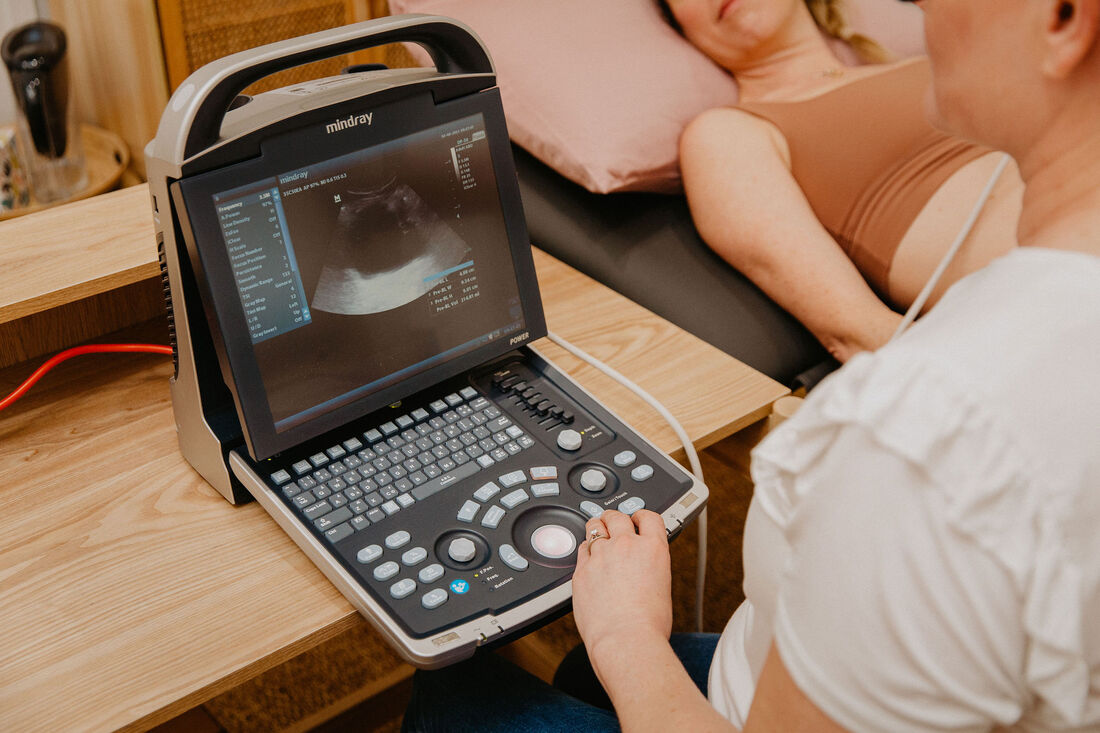Physiotherapy for Vulvodynia Brisbane Southside.
What is Vulvodynia?
Vulvodynia refers to chronic pain or discomfort in the vulva (the external female genital area) that has no identifiable cause and lasts for at least three months. It's important to note that vulvodynia is not related to sexually transmitted diseases or infections and can affect women of all ages.
How is Vulvodynia Diagnosed?
The diagnosis of vulvodynia primarily involves ruling out other potential causes of vulvar pain. The diagnostic process usually includes:
Are There Any Risk Factors or Common Triggers?
Some potential triggers or risk factors include:
How Can Women's Health Physiotherapy Help with Vulvodynia?
Women's health physiotherapists are specially trained to address pelvic floor dysfunctions, including issues related to vulvodynia. They can:
What Are the Treatment Options for Vulvodynia?
There isn’t a one-size-fits-all treatment for vulvodynia, but options include:
What Is the Prognosis for Vulvodynia?
The prognosis for vulvodynia varies from person to person. While it can be a chronic condition for some, others might experience periods of relief. With appropriate treatment and management strategies, many women can experience a significant reduction in pain and improved quality of life.
If you're concerned about any of the symptoms above, or if you have been diagnosed with vulvodynia by your doctor or another health professional we would love to be able to help. Give our friendly Women's Health physiotherapy team at Coorparoo or Tarragindi a call on 07 3706 3407 or email us at info@articulatephysiotherapy.com.au.
Vulvodynia refers to chronic pain or discomfort in the vulva (the external female genital area) that has no identifiable cause and lasts for at least three months. It's important to note that vulvodynia is not related to sexually transmitted diseases or infections and can affect women of all ages.
How is Vulvodynia Diagnosed?
The diagnosis of vulvodynia primarily involves ruling out other potential causes of vulvar pain. The diagnostic process usually includes:
- A detailed medical history: Understanding the onset, duration, and nature of the pain.
- Pelvic examination: To visually inspect the vulva and potentially identify areas of pain or discomfort.
- Cotton-swab test: Gently probing various areas of the vulva to determine the location and intensity of pain.
- Ruling out other conditions: This may include tests for infections, skin disorders, or other conditions that might be causing the symptoms.
Are There Any Risk Factors or Common Triggers?
Some potential triggers or risk factors include:
- Previous vaginal infections
- Nerve injury or trauma to the vulvar area
- Hormonal changes
- Muscle spasms or weakness in the pelvic area
- Certain genetic factors
How Can Women's Health Physiotherapy Help with Vulvodynia?
Women's health physiotherapists are specially trained to address pelvic floor dysfunctions, including issues related to vulvodynia. They can:
- Educate on pain management strategies.
- Teach pelvic floor relaxation techniques to reduce muscle tension.
- Offer biofeedback to help you understand and control pelvic floor muscle functions.
- Advise on lifestyle changes to alleviate symptoms.
- Provide guidance on the use of supportive devices or tools to reduce pain.
What Are the Treatment Options for Vulvodynia?
There isn’t a one-size-fits-all treatment for vulvodynia, but options include:
- Medications: Antidepressants, anticonvulsants, or local anesthetics might be prescribed to alleviate pain.
- Topical treatments: Local anesthetics or compounded creams can help manage symptoms.
- Physical therapy: As mentioned, pelvic floor physical therapy can assist in muscle relaxation and pain management.
- Biofeedback therapy: Helps in training the muscles around the affected area to reduce pain.
- Dietary changes: Avoiding potential irritants or foods that might exacerbate symptoms.
- Counseling or Cognitive Behavioral Therapy (CBT): To help cope with the chronic pain and its associated emotional impacts.
- Surgery: In rare cases where pain is localised to a specific area, a vestibulectomy might be considered.
What Is the Prognosis for Vulvodynia?
The prognosis for vulvodynia varies from person to person. While it can be a chronic condition for some, others might experience periods of relief. With appropriate treatment and management strategies, many women can experience a significant reduction in pain and improved quality of life.
If you're concerned about any of the symptoms above, or if you have been diagnosed with vulvodynia by your doctor or another health professional we would love to be able to help. Give our friendly Women's Health physiotherapy team at Coorparoo or Tarragindi a call on 07 3706 3407 or email us at info@articulatephysiotherapy.com.au.
Who to book in with:
Melissa Harris
|

